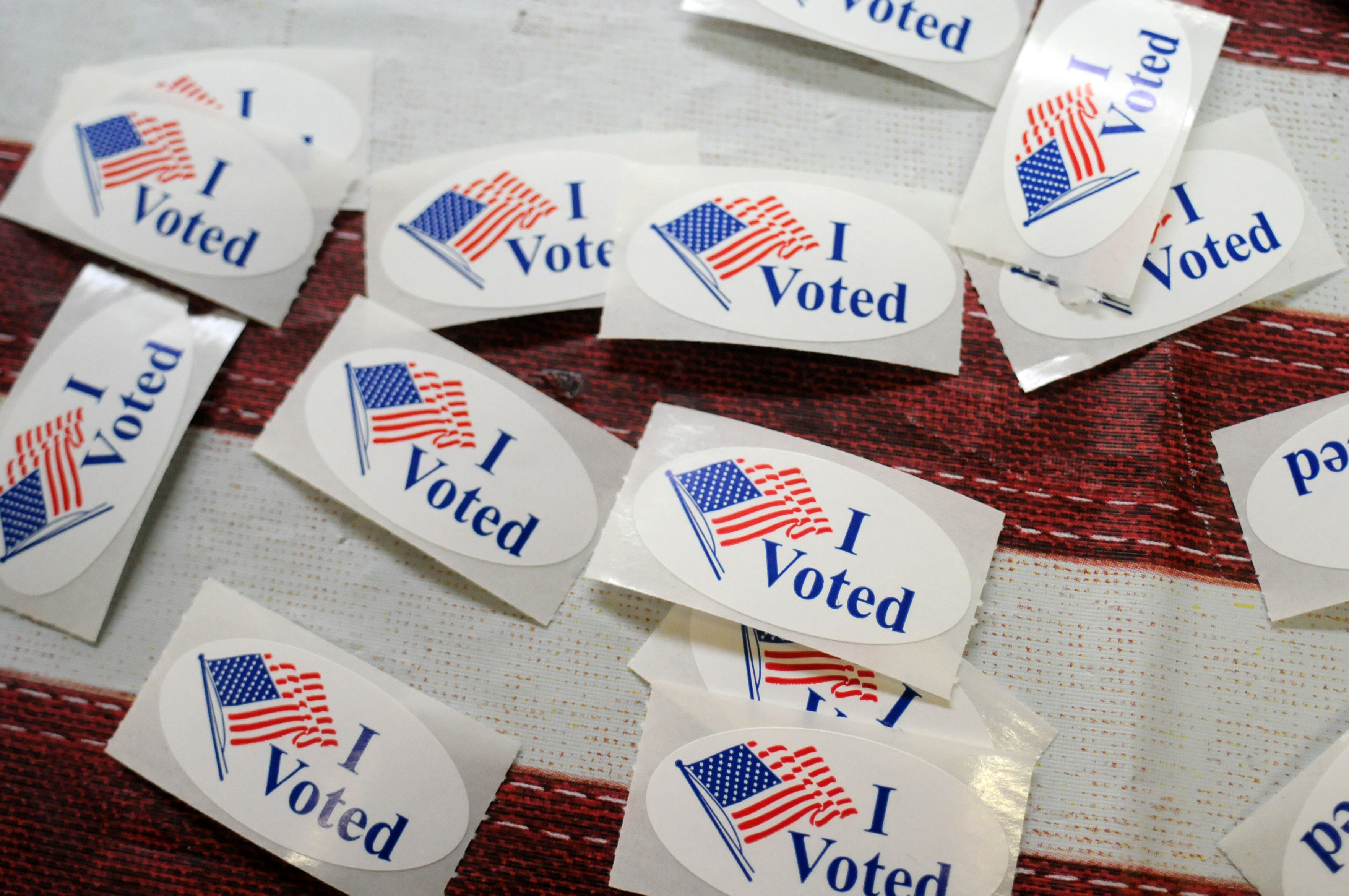Montana voters will lie to rest a divisive issue this November when they fill out their General Election ballot – whether to continue allowing new voters to register on Election Day, as the state has allowed since 2006.
The legislative referendum will appear on the ballot after heated legal debate. In February, the state Supreme Court ruled the issue could proceed when it denied a petition by voting-rights groups attempting to occlude the referendum from the ballot.
The Republican-controlled Legislature passed the referendum in 2013, placing it on the 2014 ballot, though it was rewritten after opponents argued that language in the referendum’s ballot initiative was misleading. The language asserted that ending same-day registration was necessary to comply with federal law.
If the referendum passes and same-day registration is rescinded, voter registration would end at 5 p.m. on the Friday before Election Day.
By teeing up the issue as a referendum, rather than as a bill, the Legislature circumvented a potential veto by Democratic Gov. Steve Bullock.
Proponents of the measure, mostly Republicans, argue that having voters register at least two days before Election Day will ward off fraud and pare back lines at polling places. Only a few cases of voter fraud have been uncovered, and Democrats and voting rights groups say it is a non-issue. They say same-day registration boosts voter turnout.
According to Secretary of State Linda McCulloch, more than 29,000 Montanans have registered and voted on Election Day since the law went into effect in 2006. Last year alone, the McCulloch’s office reported adding more than 1,000 voters to the list.
Montana’s law already contains fraud-prevention measures – voters who register on Election Day must do so at county election offices, not at polling places, and any new registrant who cannot meet the state’s identification requirements must cast a provisional ballot, then return within three days to show proper identification before the ballot is counted.
Ten states and the District of Columbia currently allow same-day voter registration, according to the National Conference of State Legislatures. Voters in Maine, Minnesota and Wisconsin have been able to register on Election Day since the mid-1970s, while a handful of blue states — California, Colorado and Connecticut — have begun allowing the practice in just the past two years.
The debate over Montana’s law is one of two issues that will head to the ballot this year.
Constitutional Amendment No. 45 is a legislatively referred constitutional amendment that, upon voter approval, would rename the “State Auditor” position as “Commissioner of Securities and Insurance.”
A third issue, Legislative Referendum 127, was referred to the voters by the 2013 Legislature, but the Montana Supreme Court enjoined the Secretary of State from placing it on the November Ballot.
Unions and Democratic groups sued over the measure, which would institute a so-called “top-two” primary system, meaning the two highest vote-getters in a primary would move on to a general election, regardless of party affiliation.
The high court ruled that the 198-word ballot title violates state rules that impose a 100-word limit on those titles.
In a 6-1 decision in March, the court majority ruled that the title of the referendum “does not comply with the plain meaning of the Legislature’s 100-word limit” in state law.
Republicans in Montana argue that the current system, in which nominees from all parties reach the November ballot, allows Libertarian candidates to siphon off votes that would otherwise likely benefit the GOP nominee.
In 2006, for example, Tester edged out incumbent Republican Conrad Burns by 49 percent to 48 percent, with a Libertarian candidate taking 2.5 percent of the vote. In 2012, Tester beat Republican Rep. Denny Rehberg by three points, while a Libertarian candidate captured 6 percent of the vote.
